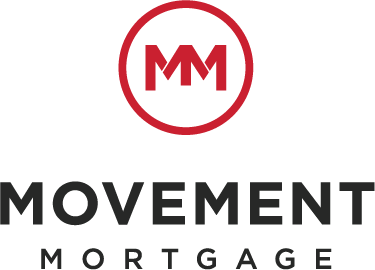this post was first published on www.coldwellbankerelite.com
Are you interested in investing in a relaxing, beautiful vacation property? While this is a dream for many, keep in mind that buying a vacation property takes time and consideration. Keep reading to find out if it is right for you!
Pros of Buying a Vacation Property
Increase in value.
Vacation properties usually increase in value over the years, which would make your home an excellent investment.
Renting can pay the bills.
Renting your vacation home can help you make extra money when you are not using the vacation home yourself! Renting out your property to others on vacation can be very beneficial.
Enjoy a longer stay.
If you have your own property, you can stay as long as you want or as little as you want. There are no check-in or check-out times because you are the one in control!
Vacations might be cheaper.
Having a place to stay can reduce the overall cost of your vacation, especially if you travel to the property often.
Relaxation boosts.
Knowing that you have a vacation home that you can run to when you are stressed is the first step to relaxation. Owning a vacation property can help ease stress because it is an escape from your everyday life.
Cons of Buying a Vacation Property
The overall cost.
Just like with your current home, you’re going to have to pay for the mortgage, utilities, and taxes on your vacation home.
Fewer savings.
Paying for a vacation property means you have less money to save in the long run. Are there other goals that you are saving for? If so, a vacation home could get in the way of these goals.
Maintenance costs.
When you own another home, you have to keep it maintained. Think about all the ways appliances and the house can break down, and be prepared to pay for those expenses.
You may get bored in the long run.
There’s a possibility that you will grow tired of your vacation home’s location and that you might regret your purchase.
Extra Costs
HOA fees.
Home Owner Association fees often are applied to homes. Check to see how much those costs would be for your home.
Rent damage.
There is a possibility of home damage from renters. Renters are also a huge liability. Make sure you have a rental-by-owner contract for each renter.
Housing shortages.
In 2022, there is a housing shortage, which is driving the costs of vacation properties up. Keep this in mind.
Hefty down payments.
Often, vacation properties require a large down payment. Make sure you have enough to cover the 25% to 35% down payment.
Taxes.
You can most likely take advantage of a mortgage interest deduction on your vacation property. This can help lower your taxable income. If this isn’t an option, you may be able to write off the interest on a home equity loan. If you don’t use your vacation home enough, the IRS may not consider your home a second residence and more of an investment property, which will change your taxes. It is highly recommended to speak to a tax professional before purchasing a vacation property to evaluate all of your options.
Don’t count your chickens before they hatch.
Many owners assume that they will use rental income to pay for their vacation property, but rental payments don’t always pan out like they should. Never rely on rental income fully pay for your vacation home. The property can become vacant, leaving you with the full mortgage payment.
Hopefully after reading, you feel more prepared and comfortable with the costs of owning a vacation property. Weigh out the positives and negatives, and decide if a vacation home is the right choice for you! Need help? That’s what we’re here for!

 Facebook
Facebook
 X
X
 Pinterest
Pinterest
 Copy Link
Copy Link



